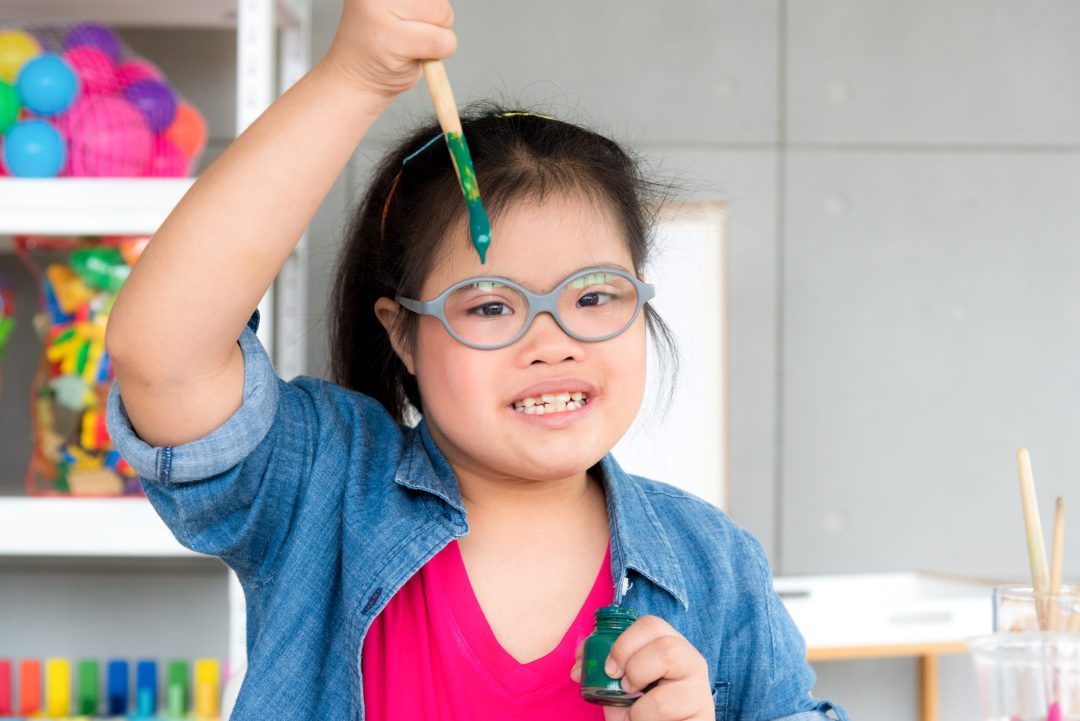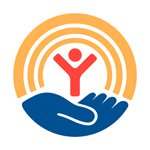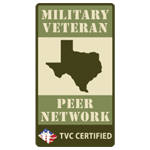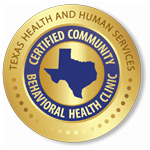IDD Training for Elected Officials

Overview
This training is the first of its kind in Texas and was created with input from local advocacy groups, individuals with IDD and many more. This training provides you with a clearer lens to influence policy to ensure inclusion and impact funding to support better service delivery. The video trainings are short but content rich and examine the history of diagnosing and treatment, the various state funding streams for service, the importance of inclusive design, and more.

Guide for Elected Officials
Video Series Includes:
A Brief History on Diagnosing and Care of Individuals
History shows that individuals with intellectual disabilities were dehumanized. isolated, and locked up in asylums, workhouses, poorhouses, or jails. Many US cities have ugly laws that banned people deemed “diseased, maimed, mutilated or in any way deformed” from public spaces.
The Current Landscape of Services in Texas
Texas has the second-largest population of individuals living with disabilities. In fact, there are over 3.5 million Texans who have at least one disability, and over 1.3 million of those have a cognitive disability. Still, these individuals often attain less education, face higher levels of unemployment, and are unable to access the quality care they need. Right now, there are over 200,000 individuals (or over 160,000 unduplicated) currently sitting on Texas’ Interest Lists to receive support services.
State Supported Living Centers
Texas operates 13 State Supported Living Centers (SSLCs), which serve an average of 2,591 individuals a year combined.
Intersectionality
Those with IDD are able to live full and robust lives with the proper supports. Understand about intersectionality for those with cognitive disabilities, and meet two amazing individuals who can tell you about their perspective.
Inclusive Environmental Meeting Design
Have you ever thought of how adding an intellectual disability to an individual’s race, gender, or economic status compounds their inclusion or status within society?
Stay connected
Sign up for our newsletter











